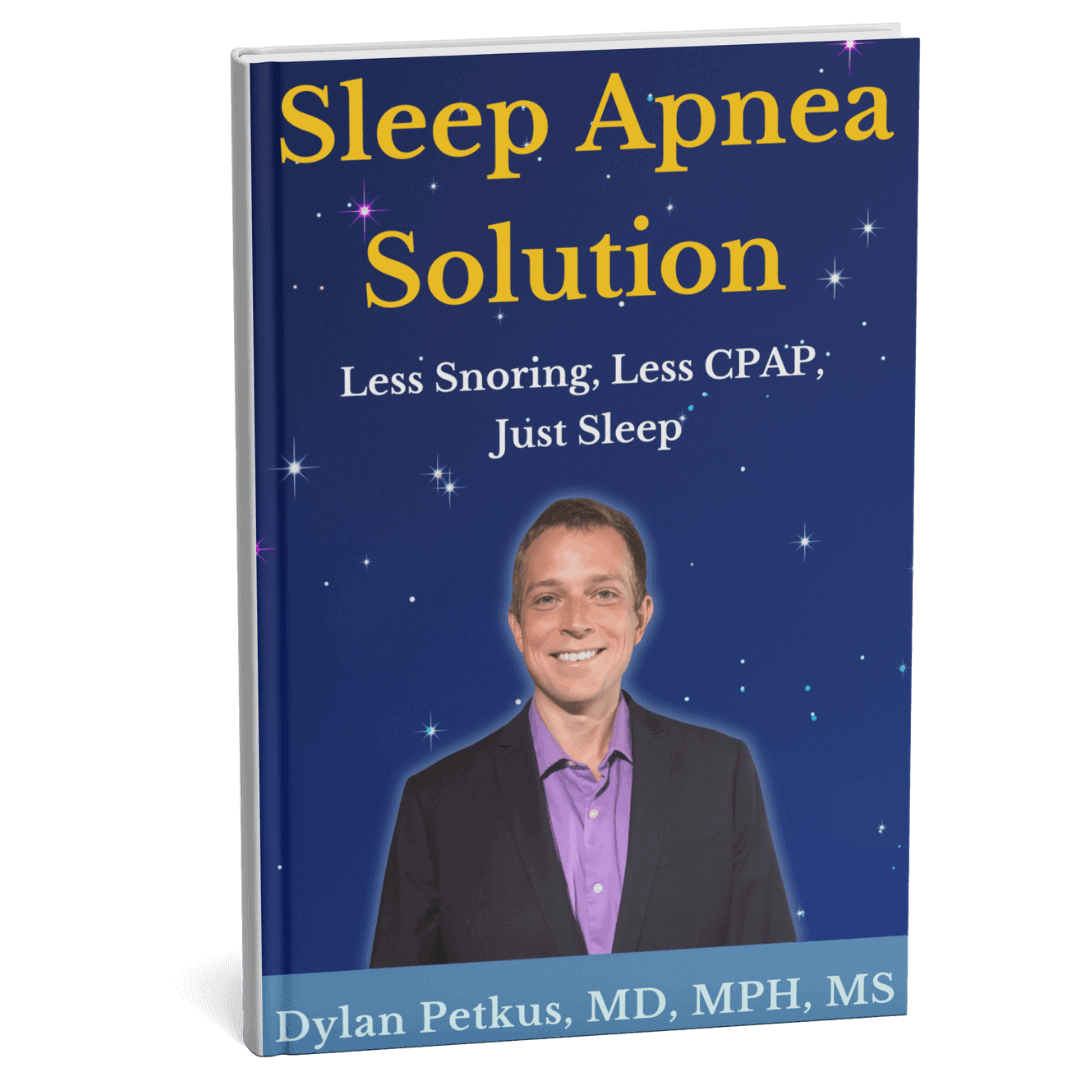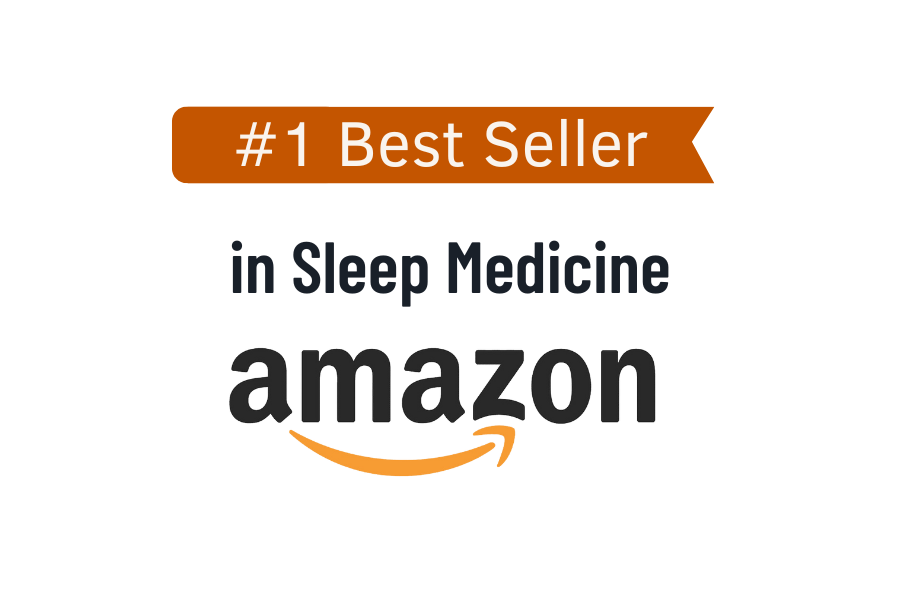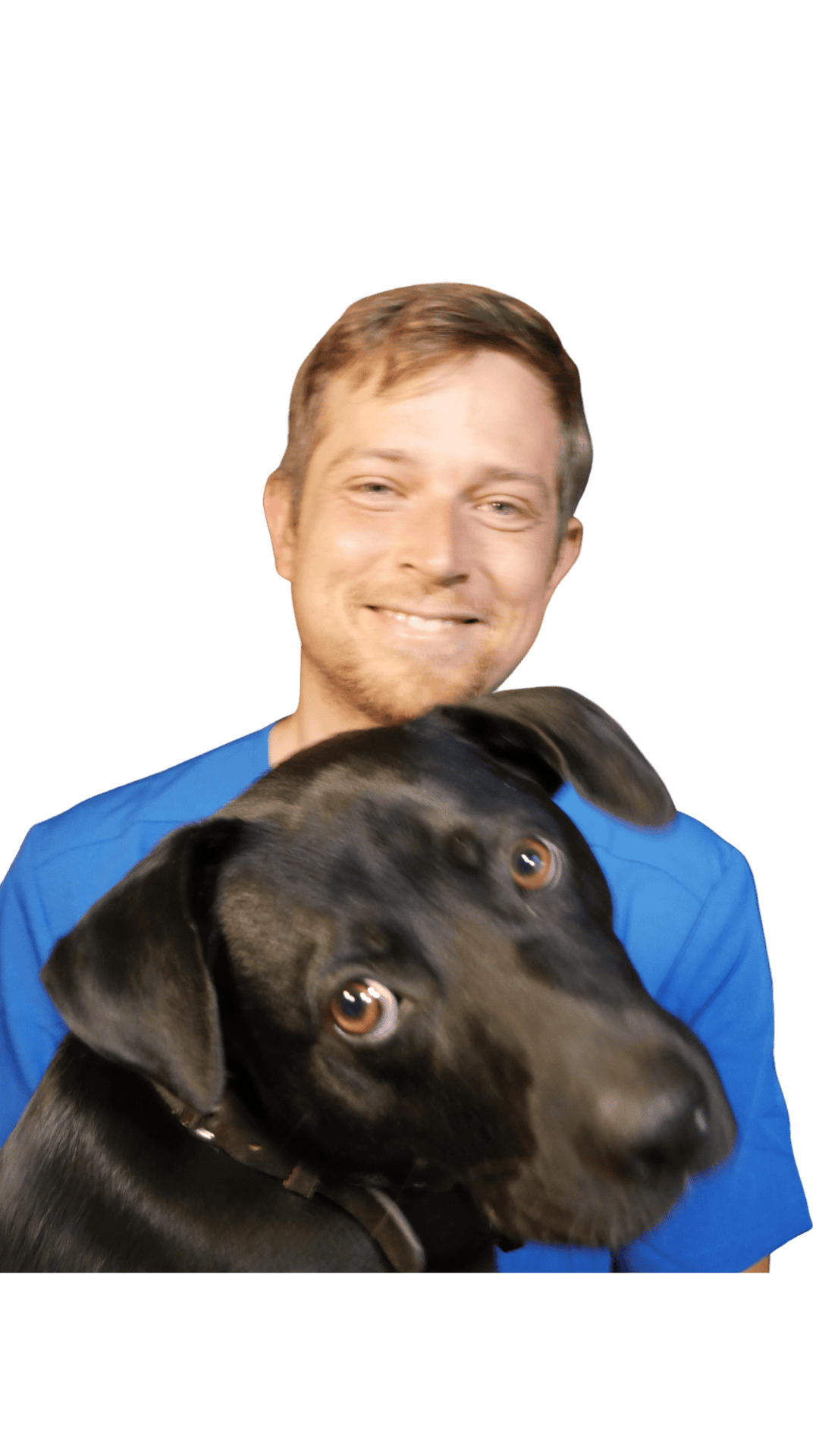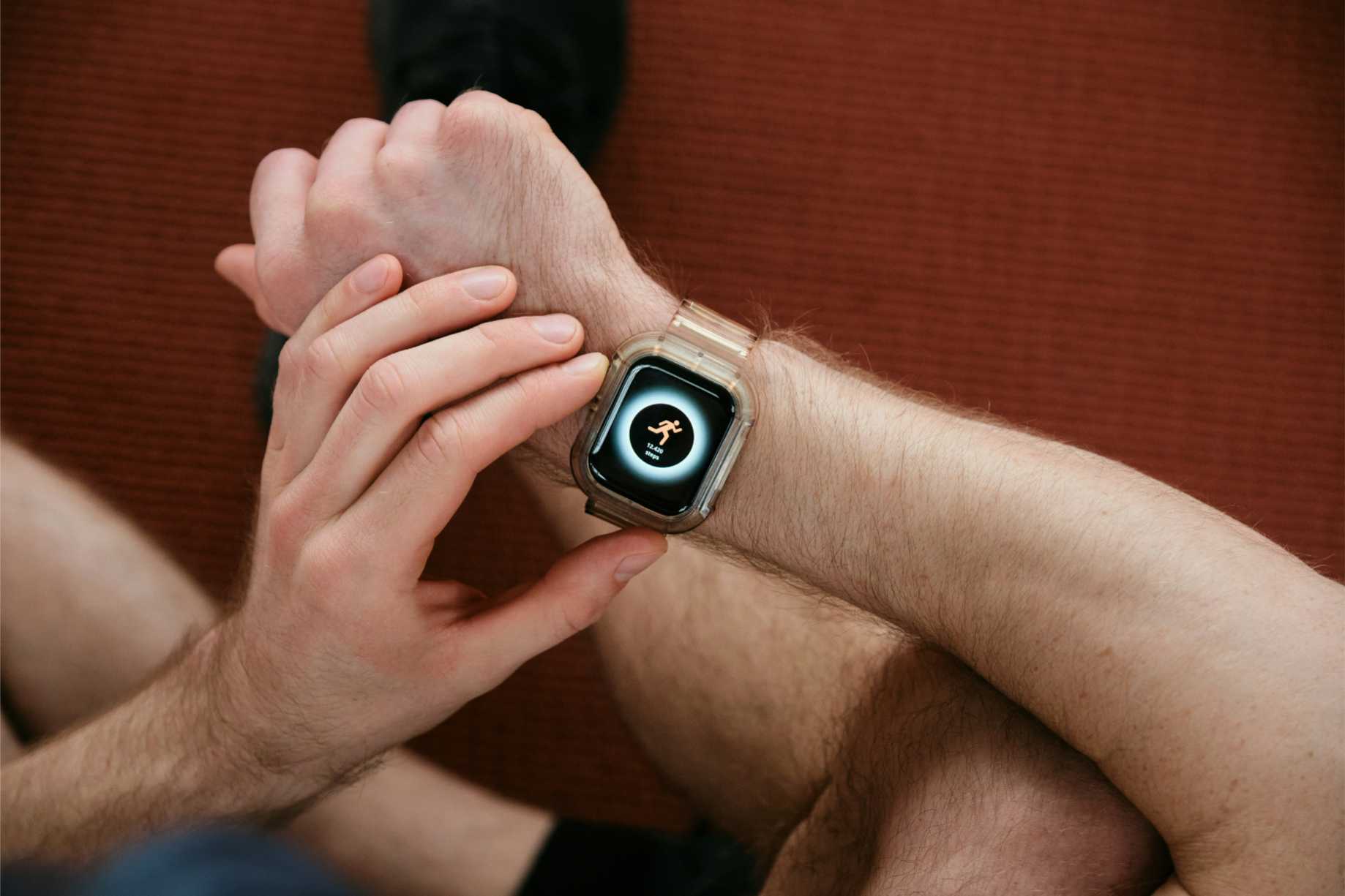
If you find yourself waking up often, gasping for air, or feeling like you’ve been hit by a truck the next morning, it may be time to talk about sleep apnea with your doctor.
Your doctor will recommend the most appropriate monitoring plan for you and your circumstances. Beyond that, many people like to be monitoring sleep apnea att a higher level by collecting more data at home. This data can be provide valuable insights for your breathing and health. Luckily, today’s technology makes it easier than ever. Sometimes, all you need is a smartphone, a fitness tracker, or heart monitor!
When it comes to sleep apnea monitoring (we’re talking about devices here not being a replacement for a medical provider), wearable devices are becoming quite popular, but how do they compare? Do you choose the Oura Ring or the Fitbit for sleep apnea monitoring? What’s the best app to monitor sleep apnea? How does an Apple Watch stack up to Samsung Health to monitor sleep apnea?
Keeping Score of Your Snores
These days, technology has completely revolutionized the way we are able to keep track of sleep apnea. A simple app on your phone or wearable device can show your sleep patterns, measure blood oxygen levels, and even detect disruptions that may hint at underlying issues.
Tools like the Oura Ring or Fitbit use sensors to monitor everything from your heart rate variability to your breathing, helping to identify possible red flags and giving you critical data to share with your doctor.
What Tech to Choose?
Choosing the right tech or app to collect more data and share with your medical provider to monitor your sleep apnea depends on your needs, budget, and how much sleep data you want and want type of information you’re looking for. Here are some of the most commonly used options:
- Oura Ring: Offers detailed reports on sleep stages, heart rate variability, and blood oxygen levels
- Fitbit: More advanced models track similar metrics as the Oura Ring, including daily readiness scores
- Apple Watch: The latest watches track sleep patterns, heart rate, and blood oxygen levels, and provide a holistic view of overall wellbeing
- Galaxy Watch: Has similar features to the Apple Watch, including sleep tracking, heart rate monitoring, and blood oxygen reading
App and Tech Monitoring Limits
These apps and gadgets can be quite cool, but let’s not assume that they’re the ultimate sleep apnea experts or a replacement for your medical provider. They can give you a general sense of your sleep patterns and flag issues like snoring or low oxygen levels, but again, they’re not your doctor. To get a full sleep apnea diagnosis, you’ll want to start by talking to your doctor and they’ll decide if it makes sense for you to have a sleep study, whether at home or a formal study in a sleep lab.
What does that process entail? During a more formal sleep study in a sleep lab, sensors are placed on your body to monitor things like your brain waves, heart rate, oxygen levels, and breathing patterns while you sleep. The results will give your doctor a clearer look at whether you’ve got sleep apnea or if you’re simply a snorer. They’ll analyze the data and even look for trends such as positional variations that correlate with metrics like oxygen saturation or apnea event frequency, duration, and intensity.
From there, they’ll be able to determine where you’re at in terms of the diagnostic criteria and severity. This provides more information on what sort of outcomes are expected. Based on all of this, they’ll work with you on finding a treatment plan that makes sense with all of the information taken into account.
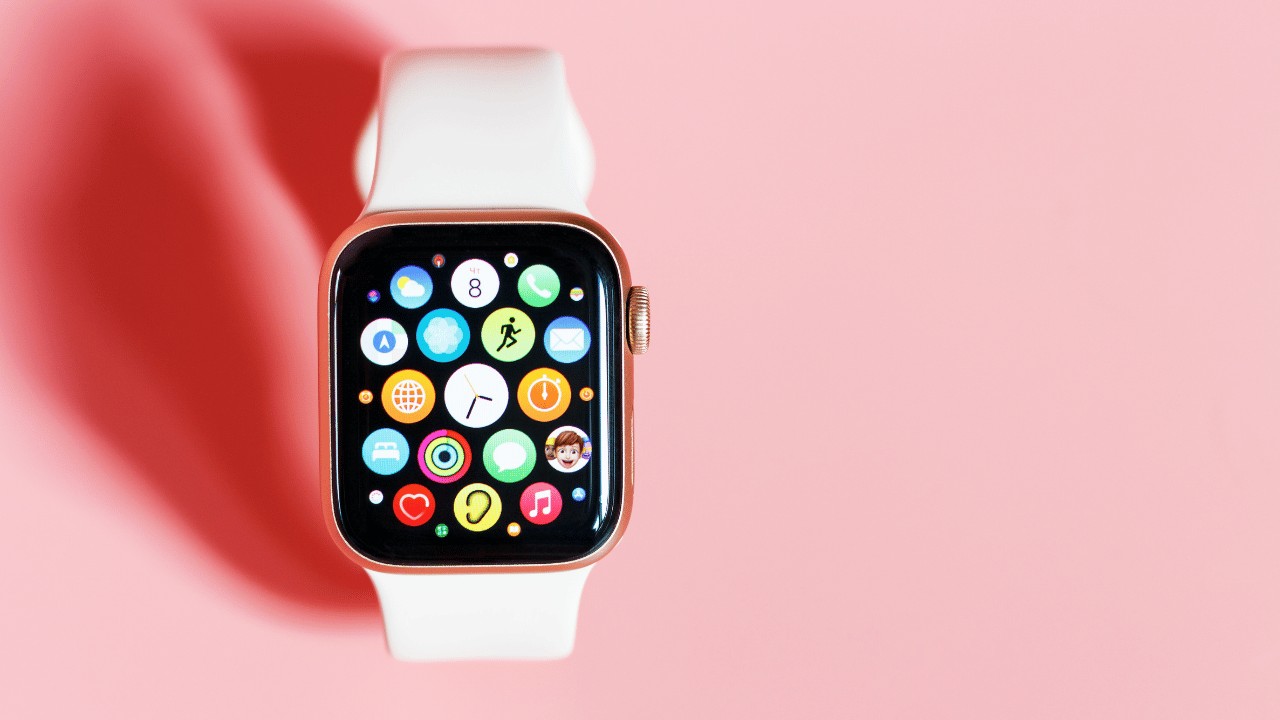
Feeling Stuck with Sleep Apnea?
Once you’ve received those insights from your doctor, no matter the diagnosis, you may feel deflated. Are you really going to be snoring forever or wearing an uncomfortable CPAP machine for eternity? The truth is, there’s no one-size-fits-all solution for any one person or at any time point.
That said, tt Optimal Circadian Health, we recognize that there are many different options for supporting breathing and sleep. Training your breath through new breathing routines, eating a healthy diet, exercising more, resetting your nervous system, and supporting sleep hygiene may all help.
Our book, Sleep Apnea Solution, covers all that and more! It’s our mission to help you breathe and easier in a way that works for you, because sleep is sacred, and you deserve a good night’s rest.

